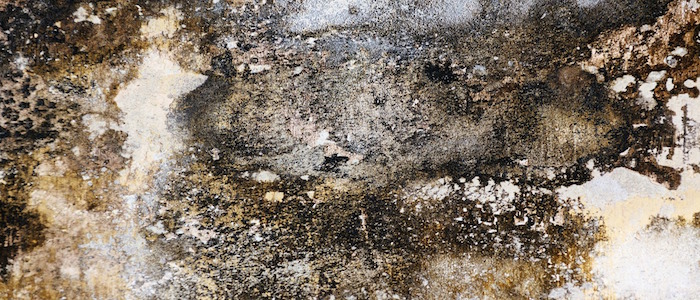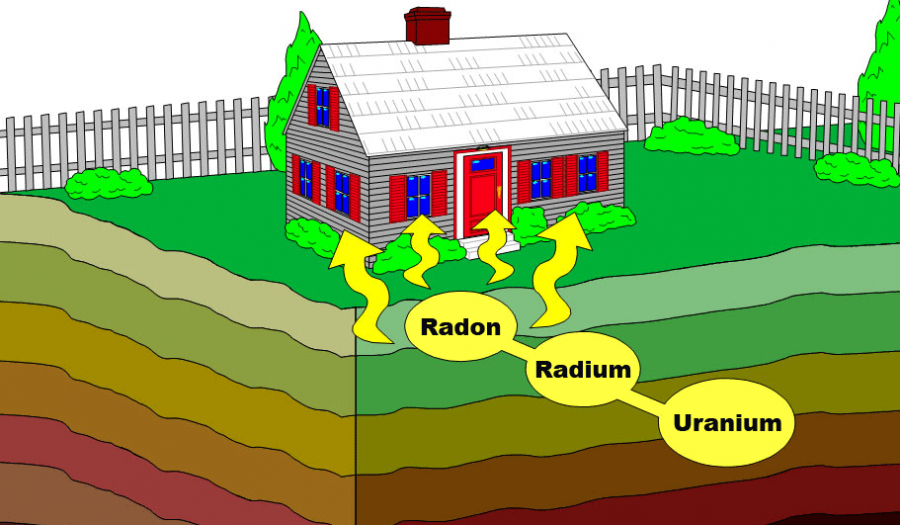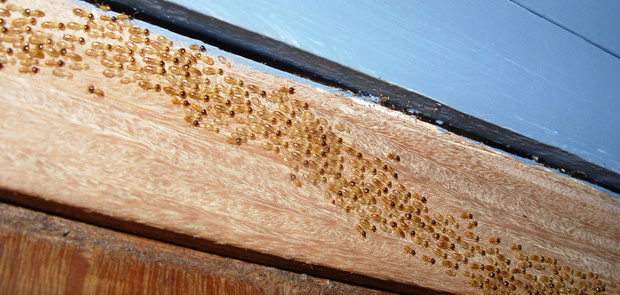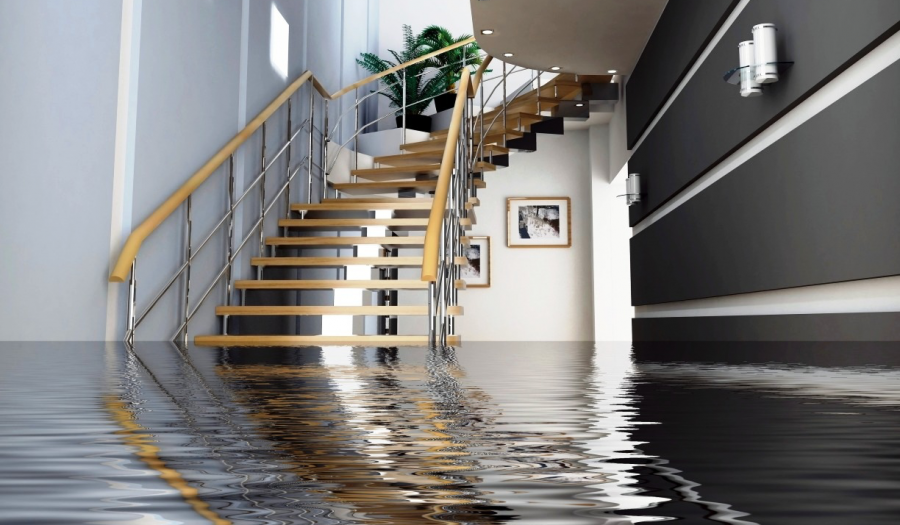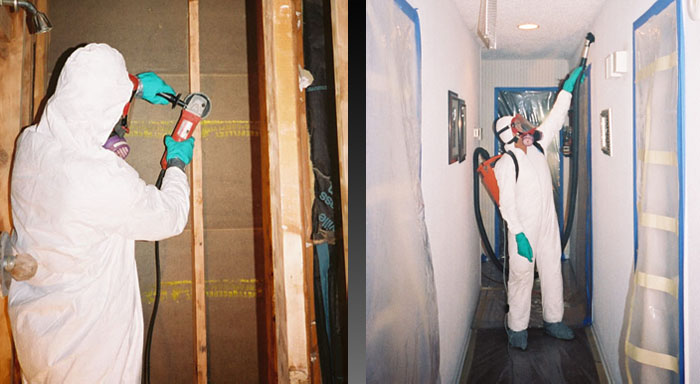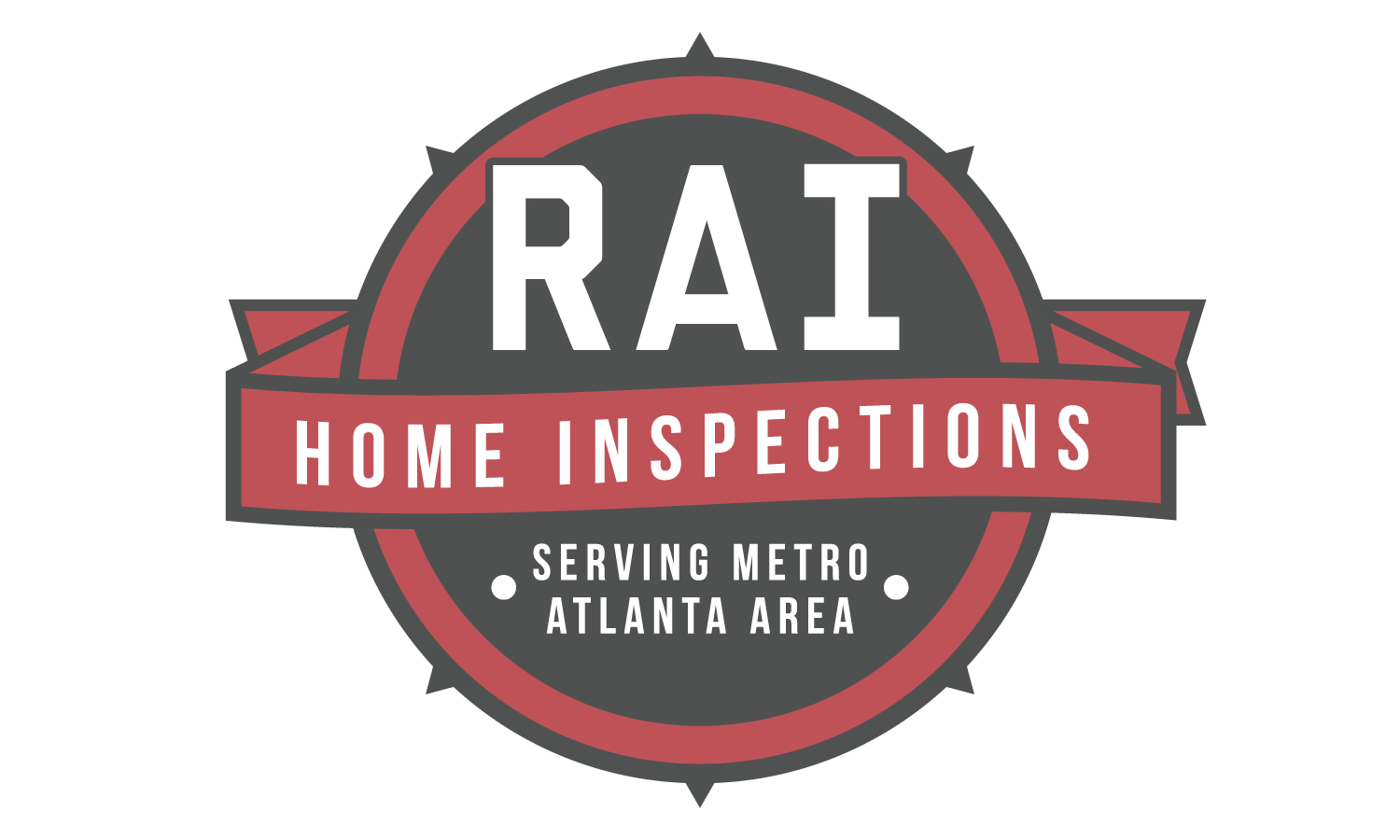There really is a month dedicated to almost every cause, and now you can add mold to that ever growing list.
Easy Changes that Save Money and Energy in Your Home
According to the U.S. Department of Energy, 115 million households in America are responsible for consuming about 22.5% of the country’s total energy every year. The average American household spends around $2,200 per year on utilities, but this cost could be reduced by up to 25% for households that make an improved effort to conserve energy.
4 Things that May be Compromising Your Indoor Air Quality
Allergies run rampant in spring and early summer. But what if your allergies aren’t a direct result of the pollen you face outside? Your home’s indoor air quality could be the source of your allergy woes. And while concerns like carbon monoxide exposure are easy to test simply by adding a detector to your home, other pollutants are more difficult to find and originate in places that you might not think to check.
Radon: The Invisible Menace
Radon is a radioactive gas produced during the natural breakdown of uranium in soil, rock, and water. In addition to these locations, radon can also be found in homes all over the United States. Radon moves upward, entering your home through cracks and holes in the foundation with potential of reaching toxic levels if left trapped inside. Testing is the only way to know whether you and your family are at risk for radon, thus the EPA and the Surgeon General recommend testing all homes below the third floor. Being well informed is an essential first step, and we believe the following information will help.
Termites: Litters of Critters
When you become a homeowner, spring suddenly becomes a little more ominous. As the warmer weather rolls in so do a swarm of household pests, including the most destructive of all— termites. Fortunately, there are several practices you can utilize in order to detect termite damage and prevent further infestations.
Water Damage: Soggy Frustration
Water damage is one of the most frequent and costly aggravations affecting U.S. residences as a whole, being single-handedly responsible for annual losses measuring in the billions of dollars for homeowners and renters. Standard homeowner’s and renter’s insurance provides substantial coverage for basic water damage such as burst pipes, rain damage, and damage from ice dams on your roof, and there are often opportunities to purchase a sewer backup rider to your policy for around $50 per year. Additional insurance is required for water coming from the bottom up (e.g., sewer issues and river flooding), but proper maintenance of your home is still one of the best ways to prevent water damage. Here are some of the most effective ways to keep your home dry.
Mold: The Danger in Your Walls
Oftentimes, the biggest threat to safety in your home is not an intruder or natural disaster but rather toxins growing from within. The possibility of mold in your home can be scary. It’s difficult to know the best approach to treatment and removal of mold in your home without a professional opinion, but staying well-informed about the best ways to identify, prevent, and eradicate mold is vital in protecting your home against this dangerous infestation. Your health and home may hang in the balance.

